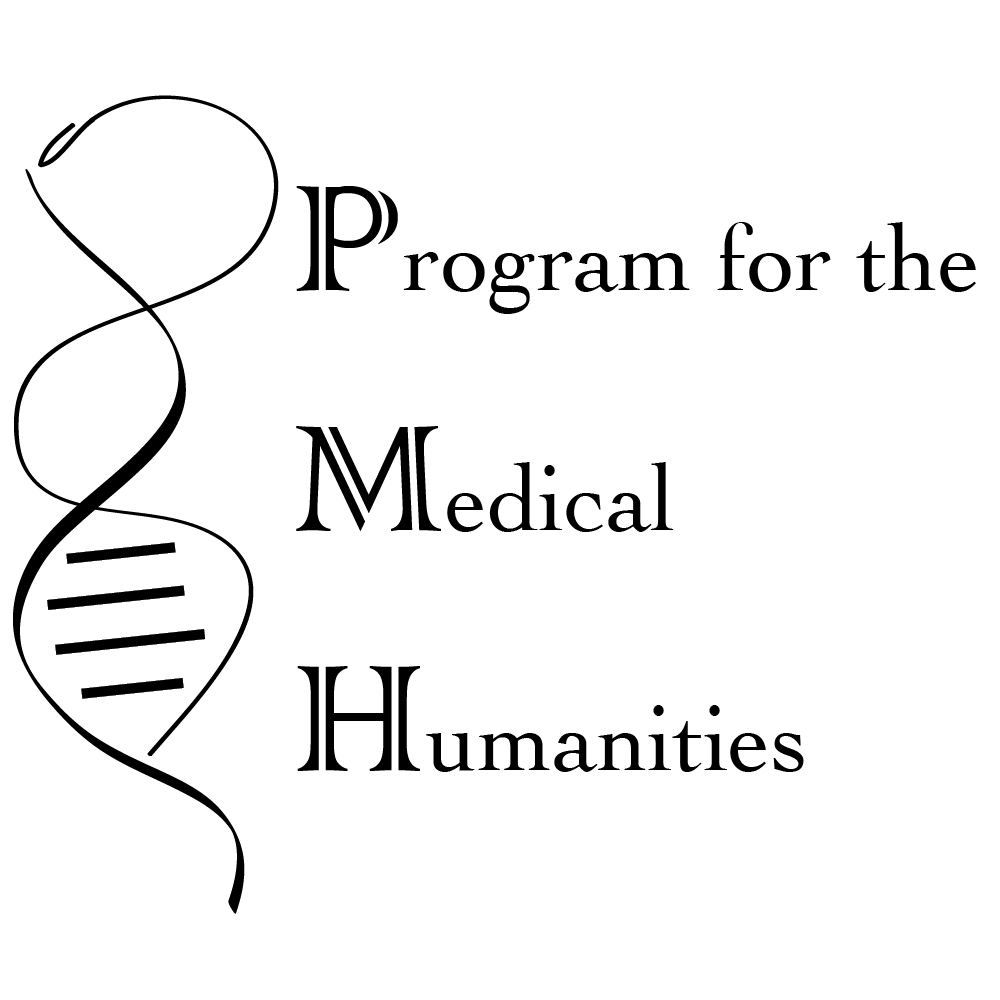When I stop blaming, Tolstoy teaches, a burden lifts. It’s a curious, paradoxical idea, since blaming is generally an effort to relieve oneself of a burden of guilt. Tolstoy implies that blaming itself is a burdensome business—effortful and fraught and emotionally demanding. Blame has to be nurtured and sustained. A narrative has to be constructed to justify blame, a point of view crafted that keeps the blame in place, and alternative narratives shown to be false. Sustaining blame is like sustaining a lie that gets more and more difficult to protect from exposure. And, as Tolstoy implies, blame is a lie.
But when things go wrong, responsibility has to be assigned somewhere, does it not? Assigning responsibility seems prerequisite to figuring out what went wrong where and what to do about it. One can’t just shrug and mutter, “Things happen” and move on.
One of the significant moments in my own emergence into adulthood came when I first read about family systems theory. The idea that families or close-knit groups of people who deal with one another in a deep and daily way distribute their energies in ways that result in role assignments, that sometimes these roles become entrenched, and that an unexamined system can often result not only in unjust distribution of blame but in one member’s chronic illness or disempowerment rang true to me. Many families, without particular malice, affix blame on one person who becomes in effect the scapegoat, and exonerate others who are complicit in less obvious ways that become normalized and come to be deemed acceptable. Now that I’m a grandparent and can watch parenting at one close remove, I cringe when I see favoritism happening, or one child blamed because he’s less clever than the other about covering his tracks with charm. How easy it is to rush to judgment, and how seductive the idea that justice is swift.
Some years after discovering family systems theory I had a chance to be in sustained conversation about “systems approaches” to medical error. Recognizing the inherent deceptiveness of attempts to affix blame on one person or another led to a similar epiphany about responsibility in health care. It’s essentially a “what’s wrong with this picture” approach, where one stands back and takes in the whole hospital, the whole health care system, the whole week’s schedule of assignments, or the whole patient history and all the players in it before presuming to answer the simple question, “What happened?”
I know from spending much of my professional life reflecting on the nature of narrative that “What happened?” is one of the most deceptively simple questions one can ask. If the answer starts with “He,” it leads down a very different path than if the answer starts with “It” or “I” or “They.” And of course if it starts with a subordinate clause, “When the cough started…” or “Although she took her medication…” the answer locks itself into another series of logical confinements. What happened always happened for multiple reasons, and under the pressure of multiple forces. Telling about it always involves omission, and often an assignment of cause or blame that “fits,” not because it is most evidently true, but because it accommodates the shape of the emerging narrative. The piece needs a villain. The protagonist needs an antagonist. And the teller—and the hearer—need, and even demand, a resolution that life—real life—rarely affords.
In the final chapters of Dostoyevsky’ The Brothers Karamazov Dmitri confesses to a murder he did not commit. He does so, we come to understand, because he has begun deeply to understand his own complicity. His confession is a shocking reminder of the depth and breadth of communal responsibility. In an abstract way it is possible for most thoughtful, ethical, responsible people to acknowledge that we all have a role in sustaining unjust labor practices or irresponsible agricultural practices or polluting the oceans or changing the climate. What is harder is to translate the “we” of broad corporate confession to the “I” Tolstoy recommends. What am I supporting when I spend or vote or put fuel in my car or buy food covered with pesticides? How am I complicit by my silence or my busyness? Those questions, uncomfortable as they are, are always more life-giving than the questions that turn us toward blame: Who did this? Who are the cruel people?
The decision-makers are certainly to blame, but history seems to bear Tolstoy out: those who affirm life and work for justice seek the whole picture, the longer story, the complicating factors, the forces at play, the historical roots of what happened when they ask the question; they know what a dangerous question it is. And still they ask.









